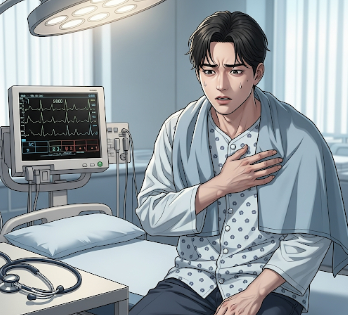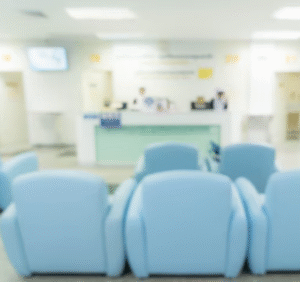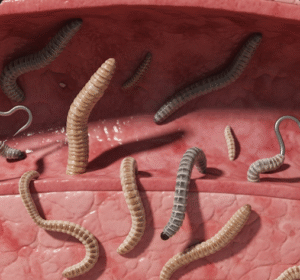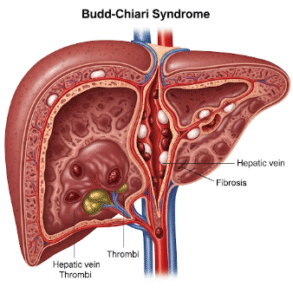Overview
Heart arrhythmia is a condition where the heart beats irregularly, too fast, or too slow, disrupting the normal rhythm of the heartbeat. The heart’s electrical system controls the timing of each heartbeat, ensuring that blood flows efficiently through the body. When this system malfunctions, it can cause palpitations, dizziness, shortness of breath, and, in severe cases, sudden cardiac arrest.
Arrhythmias range from harmless occasional skipped beats to life-threatening conditions requiring immediate medical attention. They can occur in anyone, from young healthy individuals to older adults with underlying heart disease. South Korea offers world-class diagnostic and treatment options, combining advanced technology, minimally invasive procedures, and comprehensive care.
What is Heart Arrhythmia?
An arrhythmia is a disruption in the electrical signals that coordinate heartbeats. Based on heart rate and rhythm, arrhythmias are classified into several types:
- Bradycardia – abnormally slow heart rate (<60 beats per minute).
- Tachycardia – abnormally fast heart rate (>100 beats per minute).
- Atrial fibrillation (AFib) – irregular, often rapid beating of the atria.
- Ventricular fibrillation (VFib) – rapid, irregular beating of the ventricles; life-threatening.
- Premature beats – early beats in the atria (PACs) or ventricles (PVCs).
- Supraventricular tachycardia (SVT) – rapid heart rate originating above the ventricles.
The severity and risk associated with arrhythmias vary depending on the type, underlying heart condition, and presence of other health problems.
Symptoms
Symptoms can range from mild and intermittent to severe and sudden. Some people may be asymptomatic, while others experience life-threatening episodes.
Common symptoms include:
- Palpitations (feeling the heart “flutter” or “skip beats”)
- Dizziness or lightheadedness
- Shortness of breath
- Chest discomfort or pain
- Fatigue or weakness
- Fainting (syncope) or near-fainting episodes
- Anxiety or a feeling of impending doom
⚠️ Sudden chest pain, severe shortness of breath, or fainting requires immediate medical attention, as it may indicate a dangerous arrhythmia.
Causes
Heart arrhythmias can result from structural, electrical, or functional abnormalities in the heart.
Common causes include:
- Coronary artery disease – reduced blood flow affects heart rhythm.
- Heart valve disorders – can alter blood flow and electrical signals.
- High blood pressure – strains the heart and disrupts normal rhythm.
- Congenital heart defects – present at birth, can affect electrical pathways.
- Electrolyte imbalances – low or high potassium, calcium, or magnesium.
- Thyroid disorders – hyperthyroidism can trigger rapid heart rates.
- Medications – stimulants, decongestants, or certain heart medications.
- Lifestyle factors – excessive caffeine, alcohol, stress, or smoking.
Risk Factors
Certain factors increase the likelihood of developing arrhythmias:
- Age – risk increases with aging.
- Family history – genetic predisposition to arrhythmias.
- Heart disease – prior heart attack, heart failure, or valve disease.
- High blood pressure – chronic hypertension can lead to atrial fibrillation.
- Diabetes – associated with higher risk of heart rhythm problems.
- Obesity – contributes to structural changes in the heart.
- Lifestyle factors – heavy alcohol use, smoking, high caffeine intake.
Complications
Untreated or severe arrhythmias can cause serious health complications:
- Stroke – particularly in atrial fibrillation due to blood clots forming in the atria.
- Heart failure – chronic arrhythmias strain the heart muscle.
- Sudden cardiac arrest – ventricular fibrillation or tachycardia can be fatal.
- Chronic fatigue and reduced quality of life – ongoing irregular heartbeats affect daily activities.
- Medication-related complications – anticoagulants or antiarrhythmic drugs carry bleeding or toxicity risks.
Prevention
While not all arrhythmias can be prevented, certain strategies can reduce risk or severity:
- Manage underlying conditions – control hypertension, diabetes, and thyroid disorders.
- Healthy lifestyle – balanced diet, regular exercise, maintain healthy weight.
- Avoid stimulants – excessive caffeine, energy drinks, or recreational drugs.
- Limit alcohol and quit smoking – reduces strain on the heart.
- Stress management – meditation, yoga, or counseling can lower arrhythmia triggers.
- Regular check-ups – especially for people with known heart conditions or family history.
Treatment Options in Korea
South Korea provides advanced treatment for arrhythmias through cutting-edge diagnostics, minimally invasive procedures, and comprehensive cardiac care.
1. Diagnosis & Monitoring
- Electrocardiogram (ECG/EKG) – measures heart’s electrical activity.
- Holter monitor – 24–48 hour continuous ECG monitoring.
- Event monitors – portable devices for long-term symptom tracking.
- Electrophysiology (EP) studies – invasive testing to locate abnormal electrical pathways.
- Echocardiography – assesses structural heart problems contributing to arrhythmia.
Korean hospitals often use AI-assisted ECG analysis and 3D cardiac mapping for precise diagnosis.
2. Medications
Medications manage symptoms, prevent complications, and reduce the risk of stroke:
- Antiarrhythmics – regulate heart rhythm (e.g., amiodarone, flecainide).
- Beta-blockers – slow heart rate and reduce palpitations.
- Calcium channel blockers – control rapid heart rates.
- Anticoagulants – prevent blood clots in atrial fibrillation.
- Diuretics – manage fluid overload in heart failure-related arrhythmias.
3. Catheter-Based Procedures
South Korea is renowned for minimally invasive arrhythmia interventions:
- Radiofrequency ablation (RFA) – destroys abnormal electrical pathways causing tachycardia.
- Cryoablation – freezes problematic tissue to stop arrhythmias, often used in AFib.
- Left atrial appendage closure (LAAC) – reduces stroke risk in AFib patients who cannot take anticoagulants.
4. Implantable Devices
Advanced cardiac devices are widely available in Korea:
- Pacemakers – correct bradycardia by providing regular electrical impulses.
- Implantable cardioverter defibrillators (ICDs) – detect and correct life-threatening ventricular arrhythmias.
- Cardiac resynchronization therapy (CRT) – coordinates heartbeats in heart failure patients.
5. Lifestyle & Supportive Care
- Tailored diet and exercise programs for heart health.
- Stress reduction strategies and psychological counseling.
- Rehabilitation programs to improve endurance and quality of life.
- Ongoing monitoring using wearable devices integrated with hospital systems.













